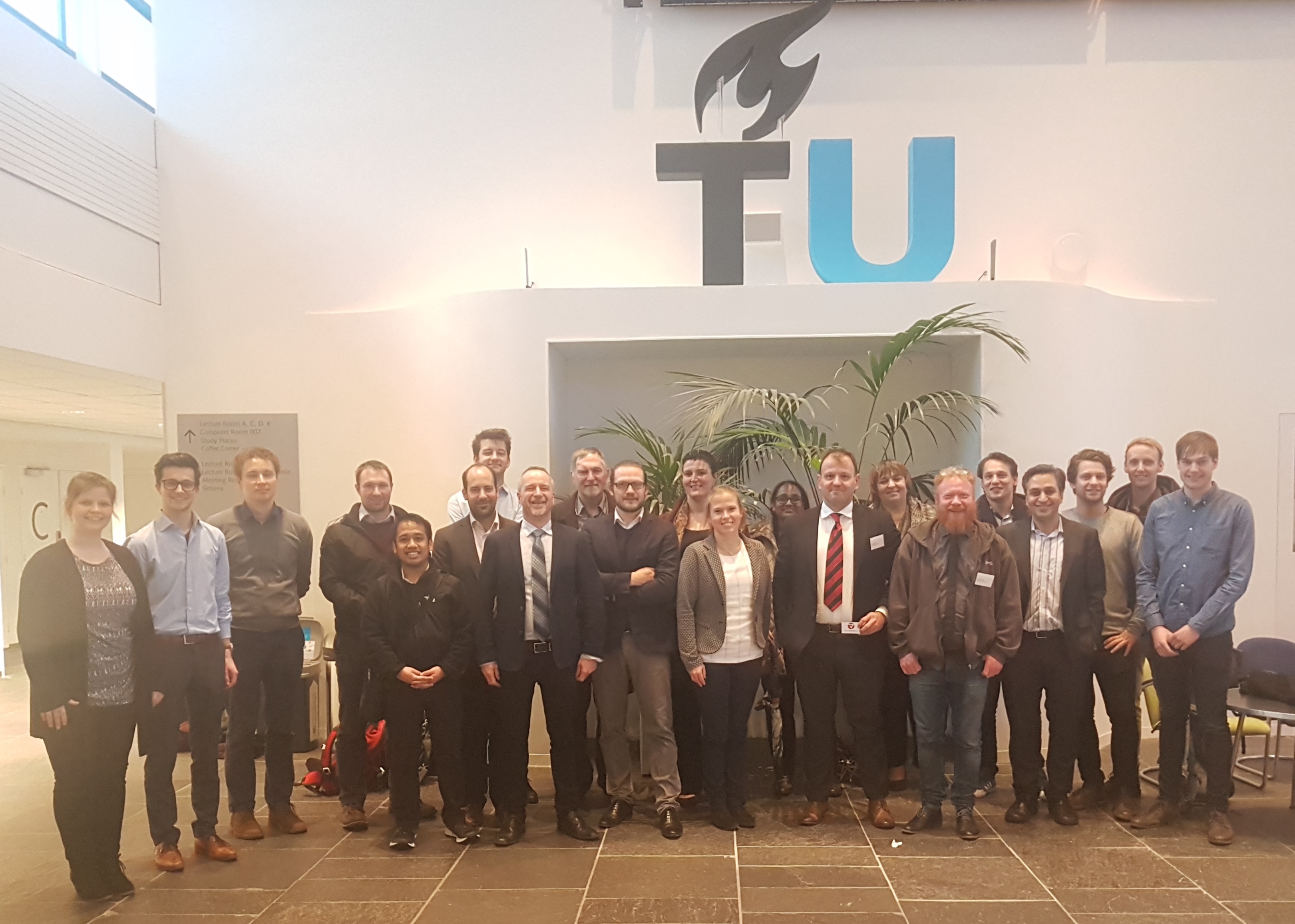2018 Airports & Humanitarian Aid workshop
In the response to a disaster, air transport is often the only possibility to send urgently needed relief supplies and aid workers to the affected regions. Following an earthquake, tsunami or hurricane, most roads, rail tracks and even ports become unusable, as they are blocked for days by debris. In conflict situations, transport via land can be too dangerous for humanitarians, and convoys are frequently target to attacks. However, the response operations can quickly become overwhelming, especially for smaller airports that usually experience only moderate traffic.
Overwhelmed customs officials, unsolicited aid donations, unsafe warehouses, a lack of training to deal with the response to a disaster, and a general frustration of not having the right information when and where it is needed. These themes were the topics discussed by participants at the 2018 Airports & Humanitarian Aid workshop at the TU Delft. The workshop brought together more than 30 participants from humanitarian organizations, aviation & industry as well as academia. Driven by real-world challenges in humanitarian logistics, information management & coordination, and simulation & training, this group worked on defining the foundations of a research and innovation program on airports in humanitarian response.
If you want to know more about the workshop, the outcomes and the next step of the ‘Airports & Humanitarian Response program’, contact Prof. dr. Bartel Van de Walle (B.A.vandeWalle@tudelft.nl).
